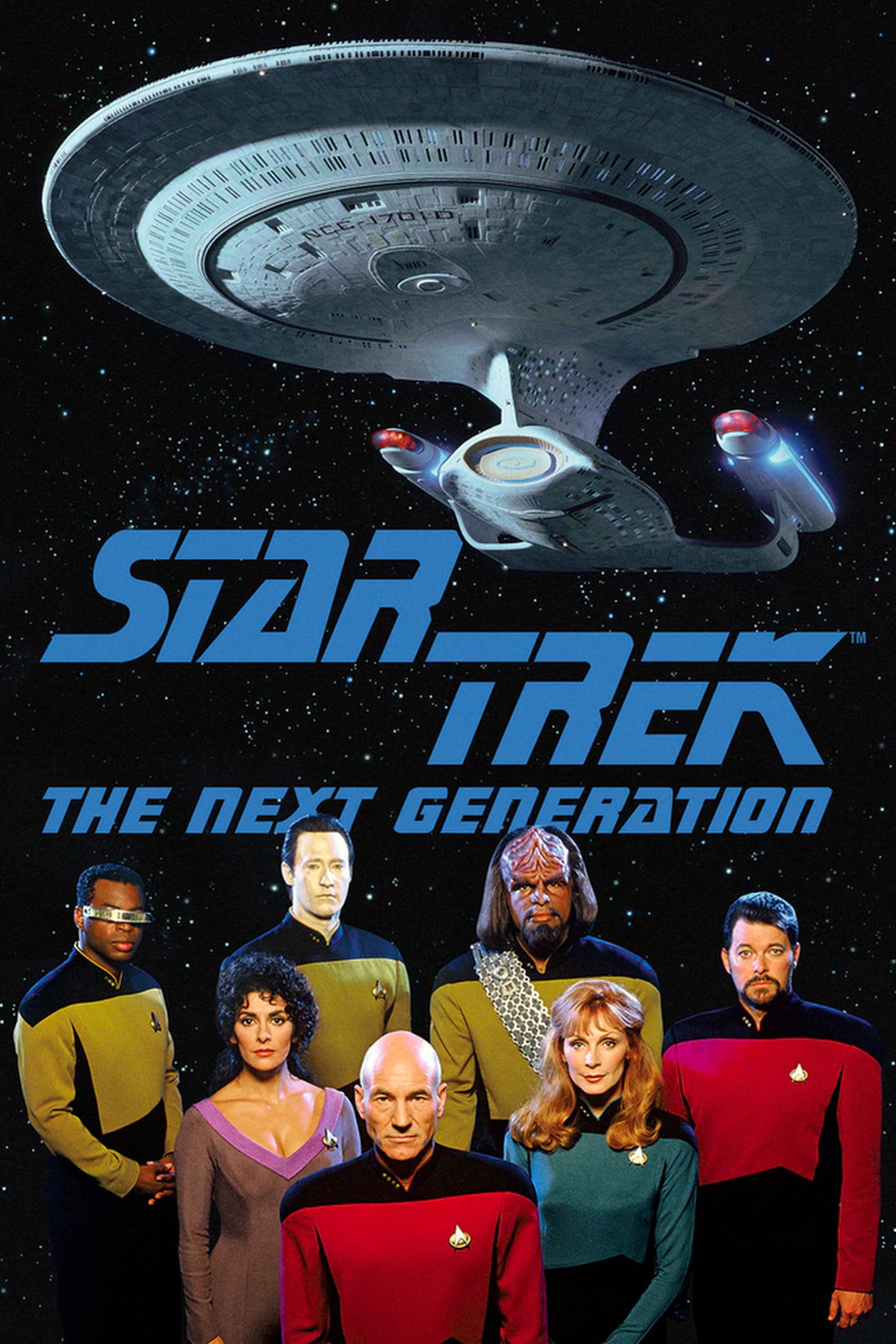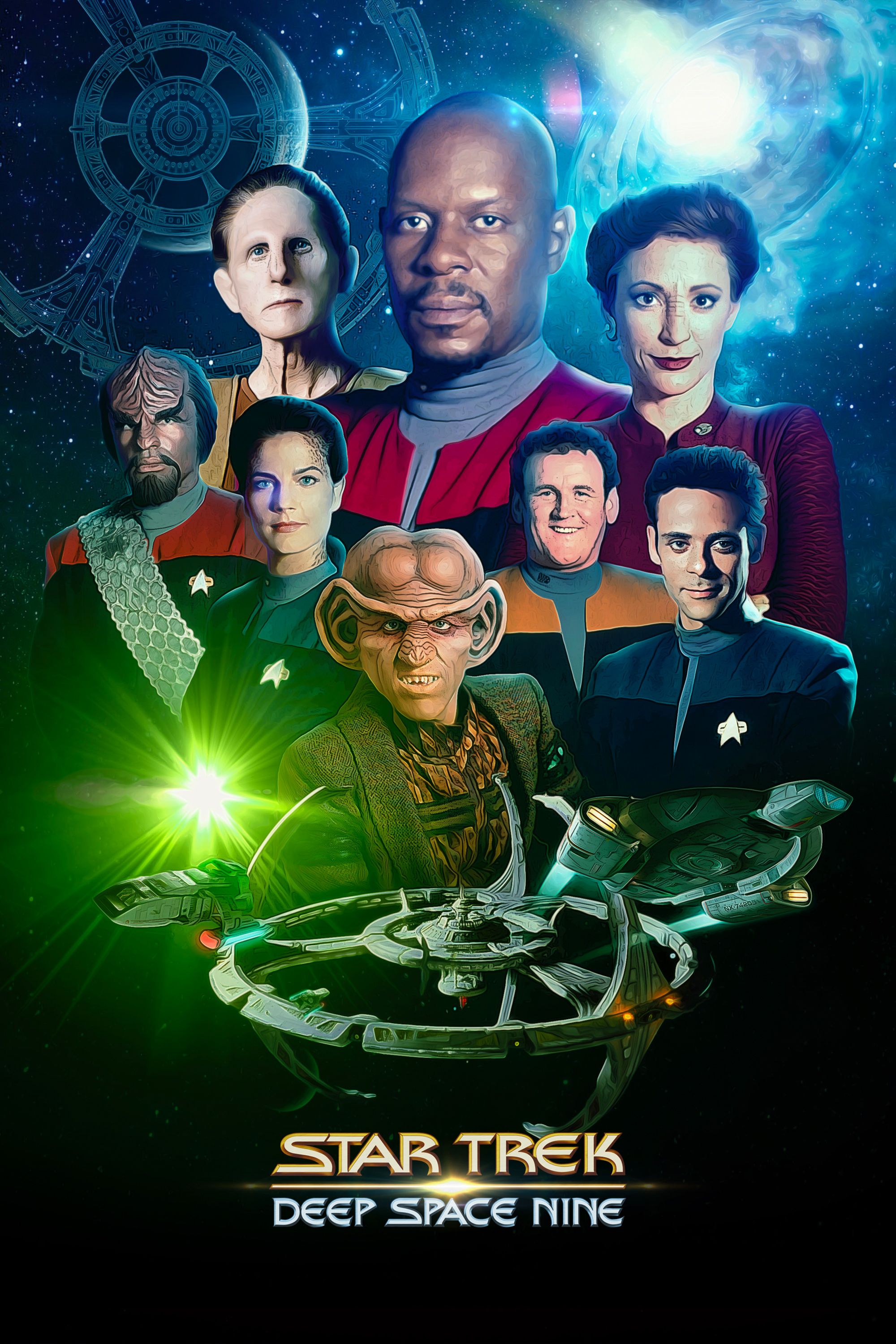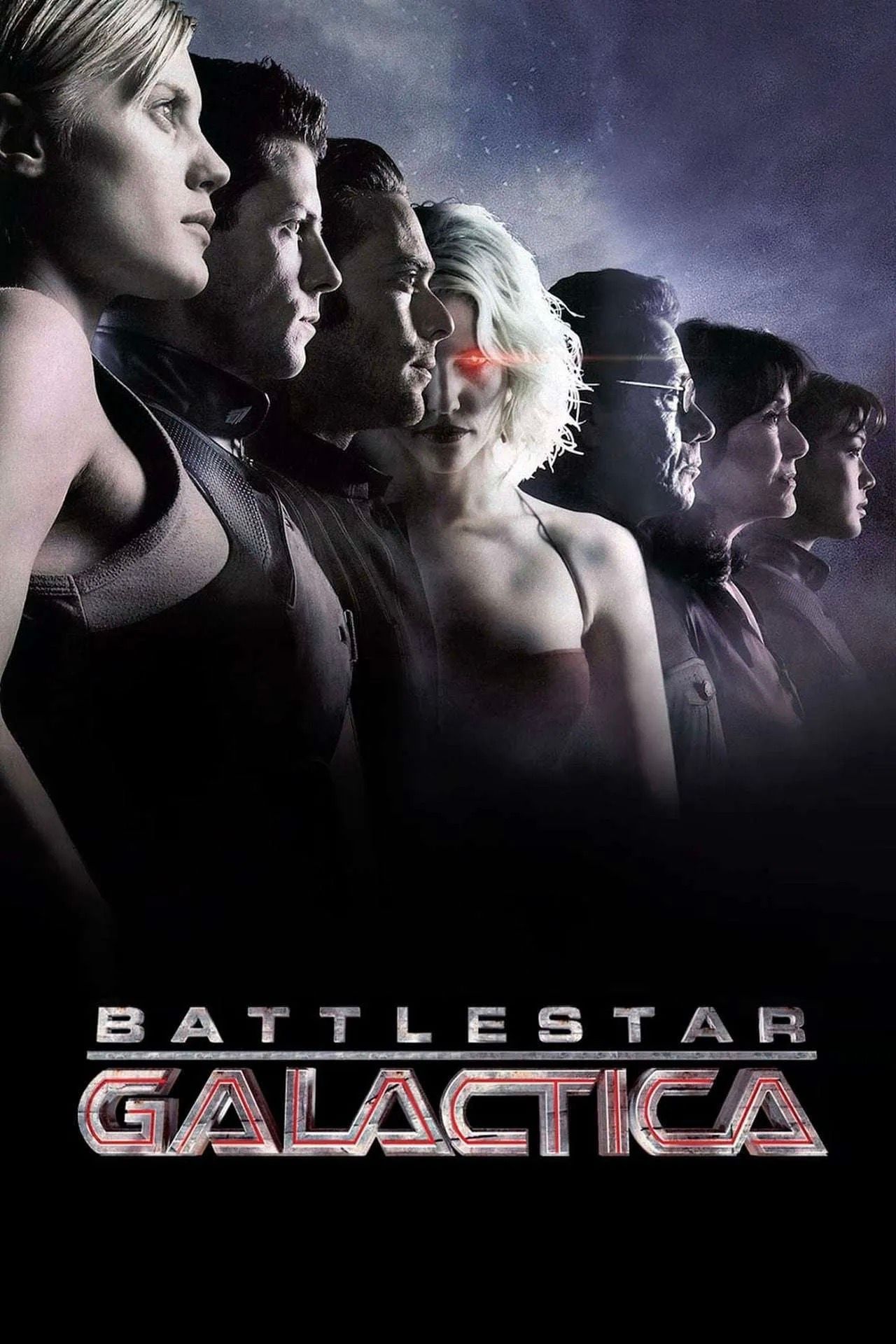Ronald D. Moore's First Star Trek Episode Foreshadowed His DS9 & Battlestar Galactica Future

Summary
- Writing “The Bonding” for ST: TNG was a pivotal moment for Ronald D. Moore, setting the stage for his darker, character-driven work on future shows.
- Moore’s focus on Klingon culture in TNG & DS9 laid the groundwork for his exploration of complex political and moral conflicts in Battlestar Galactica.
- Moore’s impact on the Star Trek franchise cannot be overstated, as his scripts for TNG and DS9 reshaped Klingon lore and deepened the exploration of death and grief in the Trek universe.
Ronald D. Moore’s first Star Trek script for Star Trek: The Next Generation hinted at the types of stories he would go on to write on Star Trek: Deep Space Nine and Battlestar Galactica. Following the adventures of Captain Jean-Luc Picard (Patrick Stewart) and the USS Enterprise-D, TNG is Star Trek at its most optimistic. Star Trek creator Gene Roddenberry remained involved during TNG’s early years, and he wanted to depict a utopian, conflict-free version of humanity’s future. Still, TNG occasionally tackled tough issues, such as its exploration of death in Star Trek: The Next Generation season 3, episode 5, “The Bonding,” the first Star Trek episode written by Ronald D. Moore.
A fan of Star Trek: The Original Series, Ronald D. Moore got the chance to visit the set of Star Trek: The Next Generation during the show’s second season, and he handed a script he’d written to one of Gene Roddenberry’s assistants. While working on TNG season 3, executive producer Michael Piller found Moore’s script, purchased it, and it became “The Bonding.” Moore was then selected to write another episode, “The Defector,” and he went on to join TNG’s writing staff, writing or co-writing 27 episodes. Moore then joined the production staff of Star Trek: Deep Space Nine, and Star Trek: Voyager, before eventually moving on to develop the 2004 reboot of Battlestar Galactica.
Related
7 Streaming Sci-Fi Series To Watch In Between Star Trek Shows
There may be a long wait between live-action Star Trek series, but here are seven other sci-fi shows worth checking out in the meantime.
How Ron Moore’s First Star Trek: TNG Episode Foreshadowed DS9 & Battlestar Galactica
“The Bonding” deals with themes of death, grief, and loss.
Ronald D. Moore’s first Star Trek: The Next Generation episode, “The Bonding”, centers on young Jeremy Aster (Gabriel Damon), whose mother Marla (Susan Powell) is killed while on an away mission. Having previously lost his father, the now-orphaned Jeremy struggles to come to terms with his mother’s death. As the leader of the ill-fated away mission and a fellow orphan, Lt. Worf (Michael Dorn) feels responsible for Jeremy and offers to perform a Klingon bonding ritual with the young boy. Jeremy’s struggle is further complicated when a non-corporeal alien takes the form of Marla, claiming to be Jeremy’s mother returned from the dead.
“The Bonding’s” alien plotline, added to appease Gene Roddenberry, feels somewhat disconnected from the story’s main theme as an exploration of death and grief. Still, there are some great character moments throughout “The Bonding,” from Worf’s anger and discussion about his own parents to Wesley Crusher’s (Wil Wheaton) memories of his father’s death. It’s these character moments that feel like foreshadowing for the character work Moore would do as a writer on Star Trek: Deep Space Nine and Battlestar Galactica. Not only are both of these shows darker in tone than TNG, but they also regularly explore death, grief, and loss.
Ronald D. Moore also developed Starz’s
Outlander
and Apple TV+’s
For All Mankind
, and he currently serves as an executive producer on both series.
Ronald D. Moore Became Star Trek’s “Klingon Guy”
Moore helped shape the Klingon culture and politics of the TNG era.
Throughout Star Trek: The Next Generation and Star Trek: Deep Space Nine, Ronald D. Moore penned some of the franchises’s most significant Klingon episodes. Moore’s first Klingon-centric episode, TNG season 3, episode 17, “Sins of the Father,” not only dove into Worf’s past, but also introduced the Klingon home world of Qo’noS, the Klingon High Council, and the Klingon Chancellor. Moore also wrote the excellent TNG two-parter “Redemption,” which continued to explore Klingon politics. On DS9, Moore wrote several more episodes that dealt with Klingon culture, including “You Are Cordially Invited…,” which saw Worf marry the love of his life, Jadzia Dax (Terry Farrell).
Ronald D. Moore’s contributions to the Star Trek franchise cannot be overstated.
Ron Moore’s obvious interest in Klingon culture and politics also foreshadows his eventual work on Battlestar Galactica. Centering on the surviving remnants of a devastated civilization, Battlestar Galactica is full of complex political and moral conflicts as the titular battleship leads the surviving fleet of fugitives in search of safety. Having written several of the TNG era’s most iconic films and episodes (including TNG’s series finale and Star Trek: First Contact with co-writer Brannon Braga), Ronald D. Moore’s contributions to the Star Trek franchise cannot be overstated. And it all began with a spec script written for Star Trek: The Next Generation.
Star Trek: The Next Generation & Star Trek: Deep Space Nine are available to stream on Paramount+.
Battlestar Galactica is available to stream on Amazon Prime Video.

Star Trek: The Next Generation
Star Trek: The Next Generation is the third installment in the sci-fi franchise and follows the adventures of Captain Jean-Luc Picard and the crew members of the USS Enterprise. Set around one hundred years after the original series, Picard and his crew travel through the galaxy in largely self-contained episodes exploring the crew dynamics and their own political discourse. The series also had several overarching plots that would develop over the course of the isolated episodes, with four films released in tandem with the series to further some of these story elements.
- Release Date
- September 28, 1987
- Seasons
- 7
- Writers
- Rick Berman , Michael Piller , Brannon Braga , Jeri Taylor , Ronald D. Moore
- Showrunner
- Rick Berman , Michael Piller , Jeri Taylor

Star Trek: Deep Space Nine
Star Trek: Deep Space Nine, also known as DS9, is the fourth series in the long-running Sci-Fi franchise, Star Trek. DS9 was created by Rick Berman and Michael Piller, and stars Avery Brooks, René Auberjonois, Terry Farrell, and Cirroc Lofton. This particular series follows a group of individuals in a space station near a planet called Bajor.
- Cast
- Avery Brooks , Rene Auberjonois , Cirroc Lofton , Colm Meaney , Armin Shimerman , Alexander Siddig , Nana Visitor , Michael Dorn , Nicole de Boer , Terry Farrell , Andrew Robinson
- Release Date
- January 3, 1993
- Seasons
- 7
- Writers
- Michael Piller , Ira Steven Behr , Ronald D. Moore
- Showrunner
- Michael Piller , Ira Steven Behr

Battlestar Galactica
The 2004 science fiction TV series Battlestar Galactica is a reimagining of the 1978 series of the same title. Created by Glen A. Larson, the original Battlestar Galactica features a fictional human civilization living in a distant star system called the Twelve Colonies. They are in constant battle against a cybernetic race called the Cylons, who want to exterminate the human race. A massive attack was launched, and only those who made it onboard the Battlestar Galactica and its fleet survived. They navigate space in search of the mythical 13th colony called Earth. Battlestar Galactica is under the command of President Laura Roslin (Mary McDonnell) and Colonial Fleet Officer, Admiral William Adama (Edward James Olmos).
- Cast
- Grace Park , Katee Sackhoff , Mary McDonnell , Tahmoh Penikett , Tricia Helfer , Edward James Olmos , Aaron Douglas , James Callis , Alessandro Juliani , Michael Hogan , Jamie Bamber , Kandyse McClure
- Release Date
- October 18, 2004
- Seasons
- 4
- Writers
- Ronald D. Moore
- Showrunner
- Ronald D. Moore






